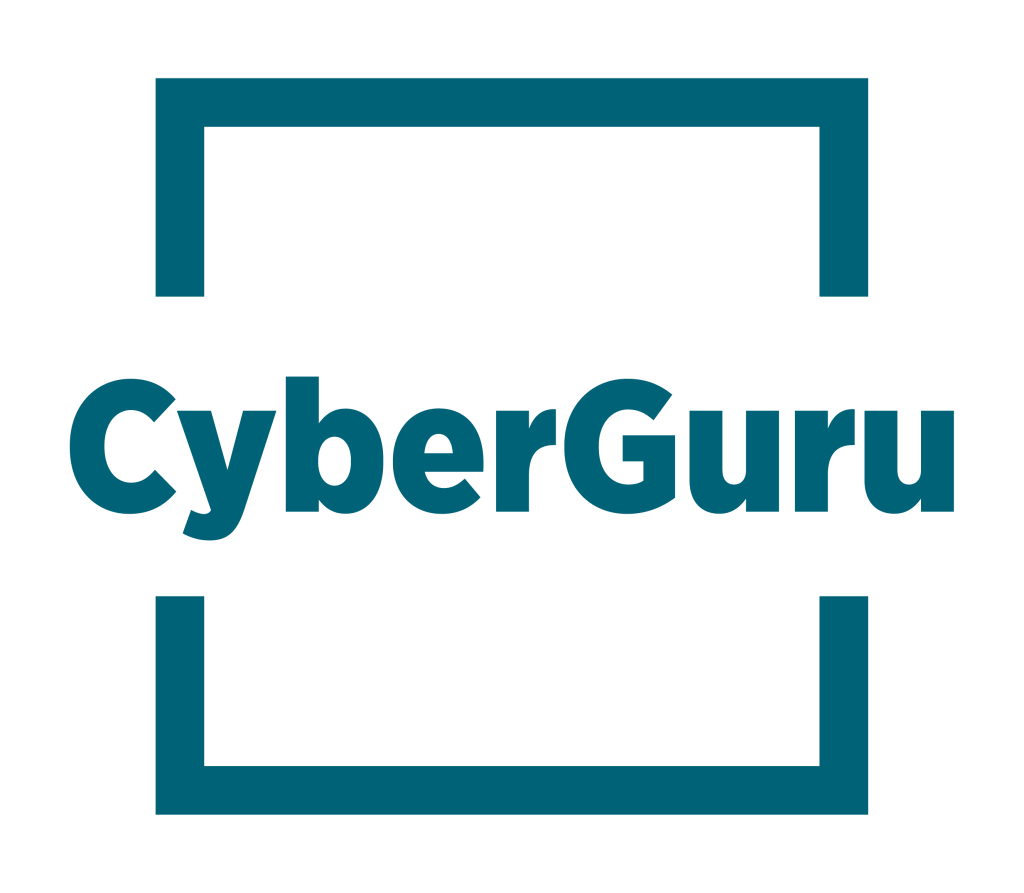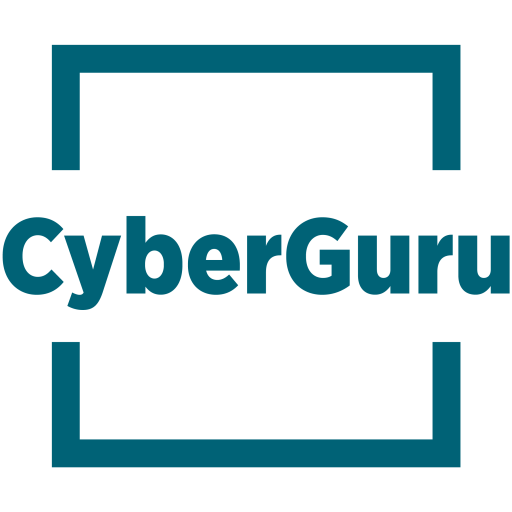With Cyclone Marsha and heavy storming weather on its way to South East Queensland, we thought that we would share some tips to ensure you are ready and prepared in case of emergency.
Install and have appropriate hardware protection
Along with circuit breakers to protect your home or office premises, we suggest that all businesses and home offices should have uninterrupted power supplies (UPSs) protecting your server and surge protectors protecting your computers, modems and phones. By using a UPSs enables a safe shutdown should power be lost can prevent data loss and corruption, along with expensive recovery bills for devices that have been destroyed.
Turn off and unplug your unnecessary hardware
If possible, keep your hardware turned off during electrical storms to prevent surges and strikes surging your equipment. There have been countless cases of electrical thunderstorms causing surge through telephone or electrical equipment and destroying it because of the physical connections it has with each other. For instance, telephones are connected to modems and routers, which in turn effects the servers and computers connected to it. Whilst it may not be possible to turn and unplug of everything off, do so if possible.
Set up multiple backups in different locations
To be prepared for any event, whether it is a storm or not, it is important to have backups. We suggest having multiple copies on different locations (such as in the office and one at home). Whilst most operating systems provide some capability for automating and setting an automatic backup routine, to do multiple copies of backups requires specialist software. You may also consider cloud-based servers to host backups.
Charge your devices and ready to go
If you do lose power and you need to use technology to remain in touch, ensure you have sufficient power by charging the devices prior to the storm should you require them to remain connected. This may include your laptop, tablet, WiFi modem, mobile phone or other devices. You may also wish to consider buying extra batteries or USB power packs to charge them as required. Where possible, try to save charge on the devices by turning off unnecessary features and not using battery heavy applications such as videos and maps.
Stay connected by using your mobile internet and cloud-based software
Many businesses are now available to remain “online” because of their use cloud-based services, enabling them to work anywhere and anytime using just a web browser and an internet connection. Should a disaster arise, their data is stored comfortably in another location to ensure it is protected. It is important to note that cloud-based services are available for as long as you have internet. If you do have an internet allowance as part of your mobile phone plan, be sure to be aware of your bandwidth restrictions as to not to get a heavy bill next month!
We hope you keep safe in the cyclones and storms and that these tips assist you in being ready with your technology. If you have any questions or would like to know more about being prepared, please feel free to contact us.


